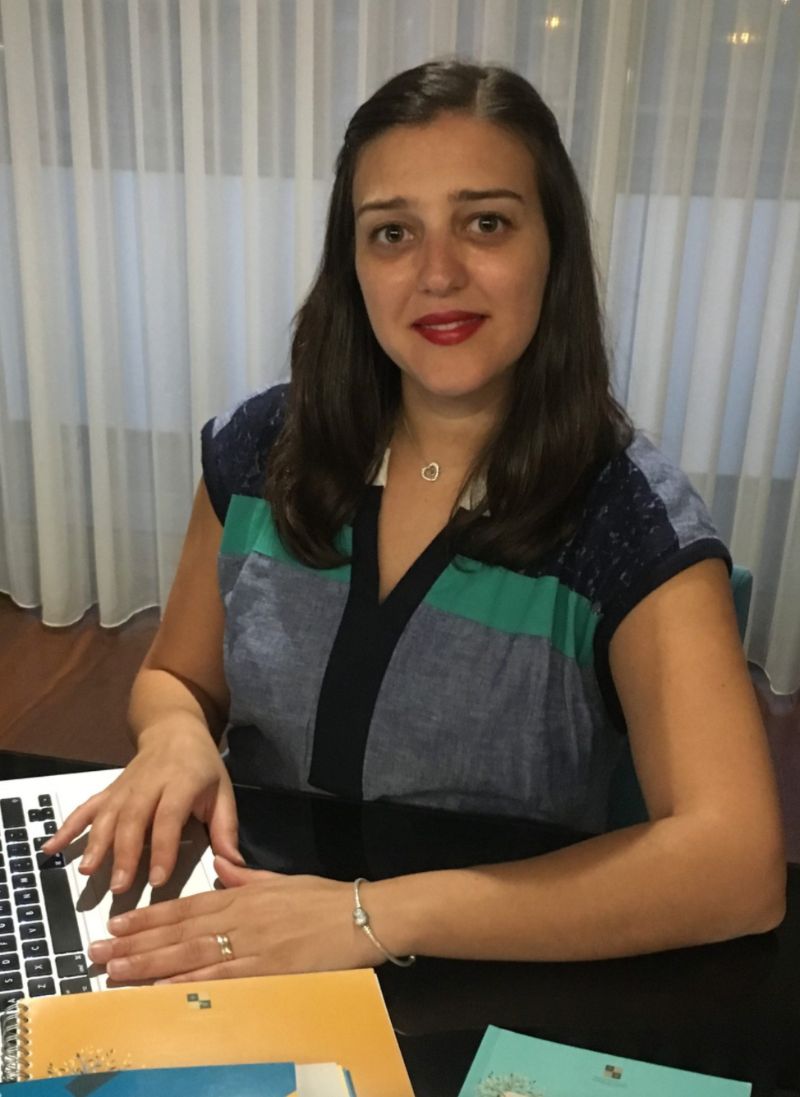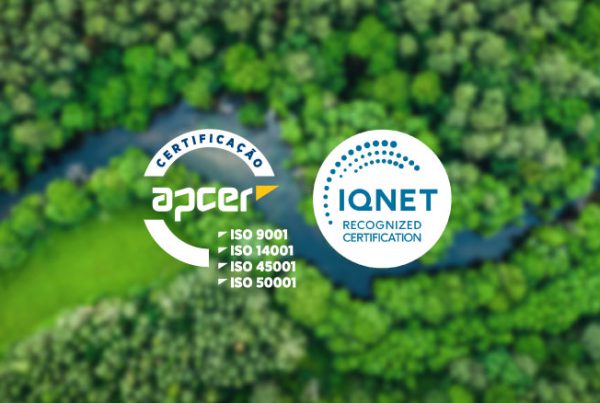“For the dream we go, /moved and silent. /Are we here? Didn’t we arrive? / Whether there are fruits or not, / by the dream we go. /The faith in what we have is enough. /Enough is the hope /in what we may not have. / Enough is the soul, / With the same joy, /to what we do not know / and what is day by day. / Did we arrive? / Did we get there? / We leave. Let’s go. We are.” – Sebastião da Gama
I decided to bring to mind a poem of hope! That reminds us of the importance of dreaming. If you do not dream, you do not conquer. Nevertheless, the kind of obstacles we might face, the only option for a more equitable society, though we are chained, is to keep walking.
12 March 2020
This day led, forever, to the guarantee of a well-laid plan. Entering a school without pupils, without their voices nor their laughter, without the rushes nor the hustle and bustle of teachers, was like a dagger embedded in the hearts of those who give heart and soul for to this job. This day brought uncertainty, fear, walls stained by absent feet and hands, as well as empty corridors that culminated in lost places. The silence, to which so often appealed, eventually triumphed.
During the period of confinement, online work gained great expression and even though the “TV Escola†(#estudoemcasa) (TV School #homestudy) was facilitated, we know that, although the work of teachers has been absolutely extraordinary, this had a unilateral dimension, opposing the multidirectional feel of the educational platforms to which we access through mobile equipment. However, we must also recognise the limitations they have addressed, such as social inequalities, particularly as regards the inadequacy of infrastructure, and the lack of capacitation of some teachers. To recognize, however, the work, dedication and altruism with which several institutions dealt and led in this process of distance learning, such as the Virtual School from Porto Editora, Tools4Edu, edmodo, Moodle, Teams, Zoom, among many others. Taking advantage of technologies and all digital environments has enabled the conclusion and start of an unprecedented school year. The way is done here: to improve the teaching-learning process through pedagogical innovation, ensuring results and the progression of students’ performance. Thus, technology can restore to the classroom elements that had been mortgaged: sharing, collaboration, proximity.

01 September 2020
the teacher, made of memories, eagers for the daily journey from home to school. Today, wants to slow down. Search this route for the wires from the already distant memories. When arriving at school, the impetus suggests the embrace: colleagues, parents, and especially students. However, the enthusiasm of the moment (re)lived is fought by fear, and insecurity, but above all, by respect for the life of each one of us. We embrace with our eyes, smile with our eyes, communicate through our eyes. Hearts sob and many are the tears that scream in our eyes. We seek the so-called normality. We walked together!
This has not been, is not and will not be an ordinary year! It will, however, be a year made of attempts, achievements, defeats, tumbles, and victories. It will be a year of real reflection and a unique opportunity for change. We roll up our sleeves and do like the eagle when attacked by the crow (it flies higher until it goes out of air and leaves its back).
When consulting the Basic Law of the Educational System (LBSE) – Chapter I, Scope and Principles, Article 1, Scope and Definition, point 1, 4 and 5 – I am confronted with the theory:
“1 – (…) the right to education, which is expressed by ensuring a permanent formative action aimed at promoting the global development of personality, social progress and the democratization of society. (…)
4 – (…) encouraging the formation of free, responsible, autonomous, and supportive citizens and valuing the human dimension of work.
5 – Education promotes the development of the democratic and pluralistic spirit, respectful of others and their ideas, open to dialogue and free exchange of opinions, forming citizens capable of judging with a critical and creative spirit the social environment, in which they integrate and of engaging in their progressive transformation.â€.
I realize, then, that DOING is the word and this is only possible through TRAINING. In this context, the school should ensure its economic and social purpose, as well as re-establish the relational dimension in the teaching-learning system, safeguarding the well-being of all pupils. Finally, it should be premised on the recovery of content, ensuring efficient and effective learning.
“Article 2, General principles:
2 – It is the special responsibility of the State to promote the democratization of education, guaranteeing the right to a fair and effective equal opportunity in school access and success.†(LBSE)
Today the teacher walks the extra mile to be heard. The mask works as a barrier against the virus, but it is also a barrier against communication, because part of the sound projection is retained, and the range of the teacher’s voice substantially reduced.
Lip reading also dissipates and I find myself, so often, trying to understand who inquires me. Thus, there is a fundamental and serious commitment regarding the capacitation and acknowledgement of the teaching class. It is urgent to legitimize the struggle of those who, more than build, sketch and enable the future of so many children.

Profile
Antonina Cunha is a graduate of the University of Minho in Portuguese (teaching), and has a Specialized Training in Pedagogical Supervision in Language Teaching.
She holds a Master’s degree in Special Education and Specialized Training in the Field of Vision, from the Higher Institute of Educational Sciences and the Higher Institute of Information Sciences and Administration, respectively.
Currently, she holds teaching roles at Colégio Novo da Maia, where she teaches the subject of Portuguese and coordinates the Social Responsibility project. From the work developed with the students she created the Creative Writing Championship that goes already into the 4th edition, having published the books O Lugar da Escrita. The fourth book will be released during this school year, having been postponed its publication due to COVID – 19.
As an autonomous and absolutely voluntary work, she also created the “Braille Reading and Writing Clubâ€, as well as “Words always at handâ€, through which she teaches Braille, and promotes the online course of Portuguese Sign Language (here) available by the Association of Deaf People of Porto, trying in this way to foster inclusion.
These two projects are a result of the books Sentir as Palavras. These works can be read by all the children of the world, since they are written in multiple languages and converted into braille.
All the illustrations were created by the student Matilde Camelo, who has been working in these projects with the teacher since 6th grade. All drawings have embossing, so that they can be seen and felt by all the children in the world.
Antonina Cunha is also the author of schoolbooks. She has been invited by Areal Editors, such as: Prepare the Portuguese Exam 5, Portuguese Evaluation Tests 5, Portuguese Evaluation Tests 6.
Finally, she created a TikTok account to teach, free of charge, all Portuguese-speaking children (here).



